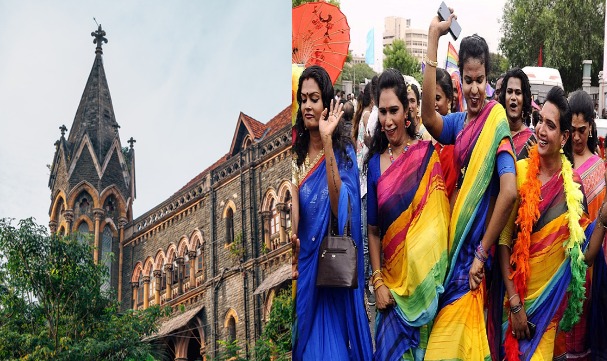
The Bombay High Court has recently held that a transgender person who decides to become a woman through gender reassignment surgery may seek remedy under the Protection of Women from Domestic Violence Act.
A single bench of Justice Amit Borkar was hearing a petition challenging a session court order that upheld a magistrate’s court judgment awarded interim maintenance to the woman in a case under the Act.
According to the bench, the term “woman” in section 2(a) of the Act, which defines an aggrieved person, is no longer limited to binary gender and now encompasses transgender people who have had gender reassignment surgery to become women.
As a result, the single bench held that such people must be regarded as aggrieved persons under the Act.
“The word ‘woman’ in section 2(a) is no more limited to the binary of women and men and includes the transgender person also who has changed her sex in tune with her gender characteristics. Therefore, in my opinion, the Transgender who has performed surgery to change gender to a female, needs to be termed as an aggrieved person within the meaning of Section 2(a) of the Domestic Violence Act, 2005,” the bench remarked.
The petitioner, the woman’s husband, contended that the respondent did not qualify as an injured person because the right was only granted to “women” in a domestic relationship.
He further stated that no certificate had been provided to her under Section 7 of the Transgender Persons (Protection of Rights) Act, 2019, and hence she could not be recognized as a woman under the Domestic Violence Act, 2005.
Therefore, he stated that the order of payment of Rs 12,000 per month could not be justified in the absence of compelling evidence of the petitioner’s income.
The respondent, on the other hand, produced a medical certificate certifying that she had undergone vaginoplasty and other treatments.
She claimed that the Supreme Court affirmed the right of transgender people to choose their self-identified gender in the case of National Legal Services Authority vs. Union of India and Ors.
Furthermore, she contended that the petitioner’s daily income surpassed $25,000, and thus the order to pay Rs 12,000 per month was legal and proper.
The single bench noted that section 2(k) of the Transgender Persons (Protection of Rights) Act defines transgender persons and that irrespective of whether such persons have undergone reassignment surgery, including persons with intersex variations and other persons mentioned in the definition, Section 7 allows a person who has performed surgery to change gender to file an application with the District Magistrate for a change of gender.
Furthermore, relying on the Supreme Court’s decision in National Legal Services Authority vs. Union of India and Ors., the Court stated that there was no dispute that transgender persons who had undergone gender reassignment surgery might be regarded women.
Therefore, Justice Borkar determined that the respondent, who had undergone gender reassignment surgery and was living as a woman, was entitled to protection under the Domestic Violence Act of 2005 and may be deemed an aggrieved person.
About the amount of maintenance, the Court noted that the defendant indicated under oath that the petitioner earns close to Rs 30,000 per day. In light of this, the Court determined that the monthly maintenance of Rs 12,000 was appropriate.
As a result, the single bench dismissed the appeal and ordered the petitioner to pay the maintenance arrears within four weeks.




